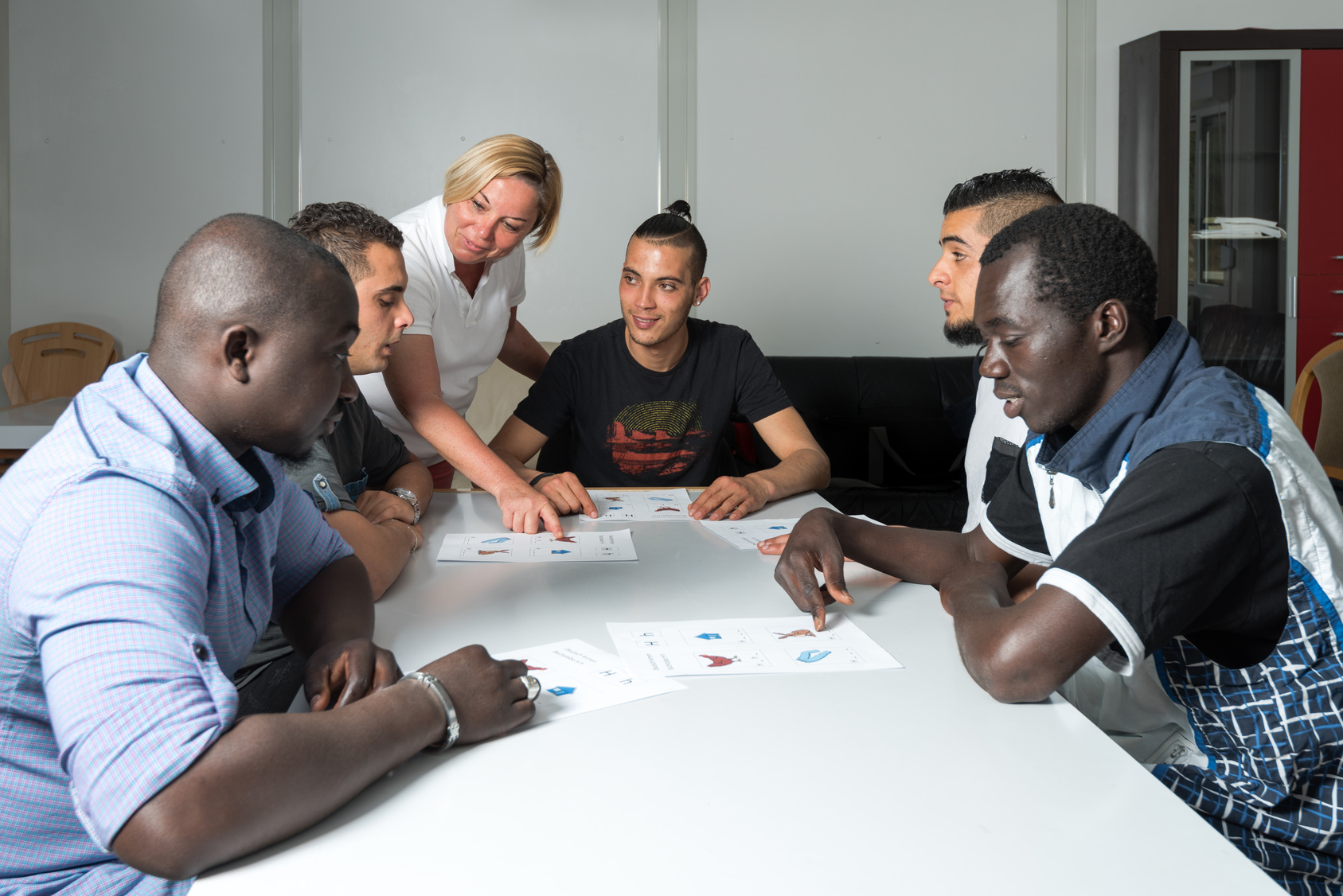
Activities / Research & Implementation
ERF-supported pilot projects integrating BIE principles into partner countries’ education systems werecustom-developed to suit each context, in a spirit of full collaboration, co-ownership and co-creation among all stakeholders. Committing to ongoing, contextualised research is an integral part of ERF’s mandate.

ERF undertook a global wide consultation process to gather the available information and experiences of experts in education. It commissioned case studies to explore the fundamental relationship between education and sustainable development.
By relying on analytical assessments and results of multidisciplinary academic partners, ERF aimed to contribute to the shared vision of making education the driving force for social development through intercultural and intracultural respect and recognition.
Maintaining a strategic vision and ensuring the achievement of intended outputs of projects in a cost-effective and timely manner has a central role in all projects implemented at ERF.
By having worked in close collaboration with project team and operation clusters, ERF set up M&E systems to facilitate the input of project staff, partners and the measurement of activities. In doing so, it ensured that the M&E components such as data collection tools, monitoring tools, and data platforms are of the best quality possible. Through a well established analysis and reporting of data ERF ensured project results and findings were made available to donors and other stakeholders.
Depending on donor requirements, ERF also performed special studies that were conducted with external M&E professionals for internal evaluations or for impact evaluations. Knowledge management processes were also given a strong importance within the activities of M&E to track best practices.
